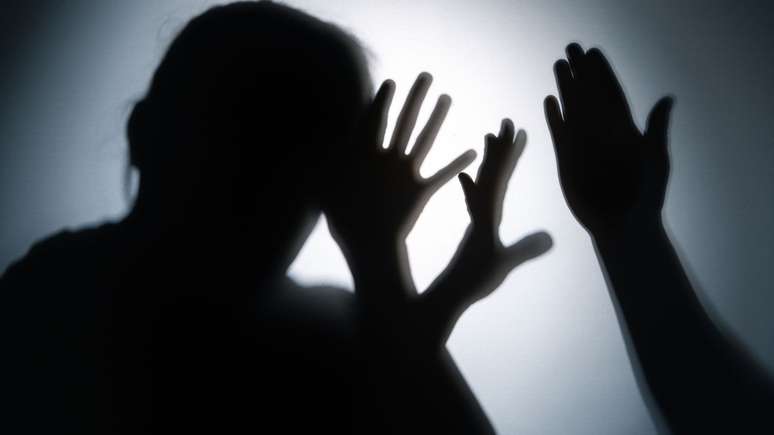Even a person who witnesses domestic violence and does not report it can be criminally prosecuted.
Many people are familiar with the saying, “you don’t get involved in a fight between a husband and wife.” But did you know that failure to act in cases of domestic violence, in addition to reinforcing the cycle of violence against women, can also be considered a crime? Yes, it is! According to criminal lawyer Suéllen Paulo, although there is no legal obligation for a person to physically intervene in situations of domestic violence, in many cases, the intervention of third parties can be essential in saving lives.
“The law does not require putting yourself at risk to stop an attack. However, it is essential to immediately call the competent authorities. The Brazilian Penal Code, in Article 135, deals with failure to assist, establishing that it is a crime not to provide assistance to someone in grave danger, as long as this can be done without personal risk, so the minimum responsibility is to call the police or another emergency service”, emphasizes the expert.
What does the law say?
According to Article 135 of the Criminal Code, if someone witnesses a situation of domestic violence and does not take any action to help the victim, by calling the police or seeking other assistance, they may be considered negligent. The penalty for failure to provide assistance is imprisonment for one to six months or a fine, depending on the circumstances of the case.
In these cases, neighbors who hear signs of violence, such as screams or calls for help, can also be held responsible for omission. “Even if they are not obliged to physically intervene, they must act to protect the victim by calling the authorities. Omission in this context can be understood as failure to help, especially if the neighbor perceives that there is an immediate risk to the victim’s safety. Anonymous reports are valid and often essential to prevent the violence from escalating,” the lawyer emphasizes.
Fighting domestic violence is everyone’s role
Suéllen says that the Maria da Penha Law (Law 11.340/2006) applies to cases of violence against women committed in the domestic and family sphere or in any intimate relationship of affection. “This means that there must be a relationship between the aggressor and the victim, whether they are spouses, partners, boyfriends, close relatives or people who live or have lived in the same household. The law protects women in situations of violence committed by people with whom they have or have had an intimate relationship, regardless of sexual orientation.”
The lawyer emphasizes that domestic violence is a complex problem that requires the attention and action of the entire society. “Although the law does not require physical intervention, failure to provide assistance or not to call the authorities can have legal consequences. In addition, the Maria da Penha Law offers broad protection for women in domestic violence contexts, reinforcing the importance of a legal system that guarantees the safety and respect for the rights of victims,” she concludes.
Source: Terra
Ben Stock is a lifestyle journalist and author at Gossipify. He writes about topics such as health, wellness, travel, food and home decor. He provides practical advice and inspiration to improve well-being, keeps readers up to date with latest lifestyle news and trends, known for his engaging writing style, in-depth analysis and unique perspectives.








